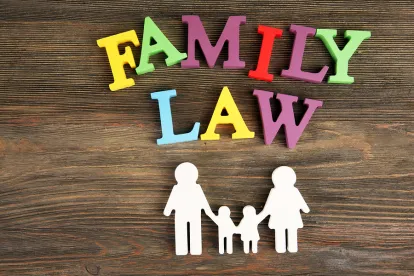In our last article discussing Michigan’s eavesdropping statute[1] (which makes it a crime to record the conversations of others without permission), we noted that there was only one notable instance where a court refused to recognize the participant exception to the statute: the Federal District Court for the Eastern District of Michigan in AFT Michigan v. Project Veritas.[2] That case was still pending, however, and in the month after we wrote that article, the AFT court revised its 2019 decision and recognized the participant exception. The AFT court cited the fact that all Sixth Circuit Cases applying Michigan law have continued to rely on the Michigan Court of Appeals ruling in Sullivan v. Gray,[3] explaining that “this Court now reconsiders its earlier decision and holds that the statute is not violated when a conversation is recorded by one of its participants.”[4]
Following this revised decision, all courts applying Michigan law now appear to be on the same page: it is not a violation of Michigan’s eavesdropping statute to record one’s own conversations, even without the consent of all other participants in the conversation. Given that the Supreme Court declined to address this issue on the certified question from AFT,[5] it seems unlikely that the Supreme Court (or any lower Michigan court) would rule differently in the near future. Of course, it remains possible that the legislature could revise the statute to remove the participant exception at any time. While there is a bill currently pending[6] in the Michigan Legislature that would amend the eavesdropping statute (to create an exception for conversations inadvertently recorded on home security monitoring systems), it does not substantively alter any of the language giving rise to the participant exception.
[1] MCL 750.539c.
[2] 397 F. Supp. 3d 981 (E.D. Mich. 2019)
[3] 117 Mich. App. 476, 481, 324 N.W.2d 58, 60 (1982)
[4] Opinion & Order, AFT Michigan v. Project Veritas, No. 17-13292 (E.D. Mich. Nov. 8, 2019) (ECF No. 202)
[5] In re Certified Question from United States Dist. Ct., E. Dist. of Michigan, S. Div., 959 N.W.2d 172 (Mich. 2021)
[6] House Bill 4724 (2021)




 />i
/>i
